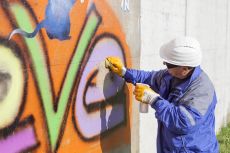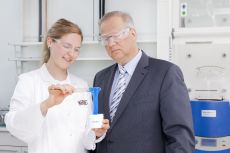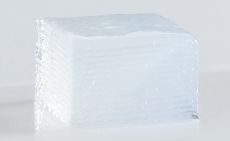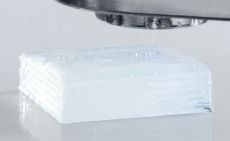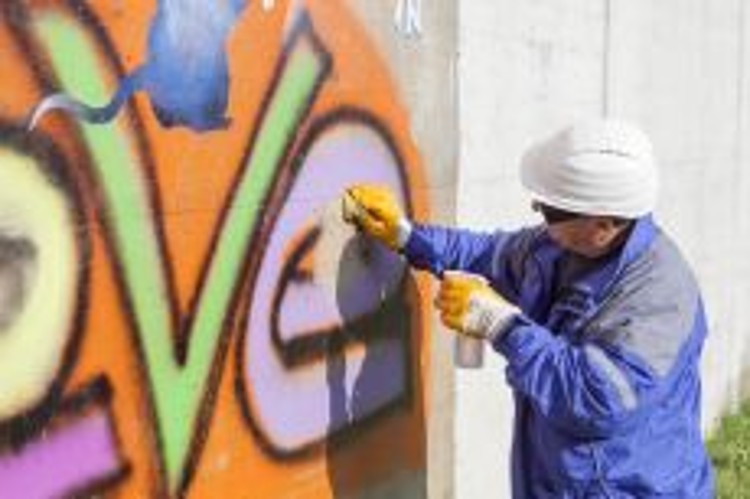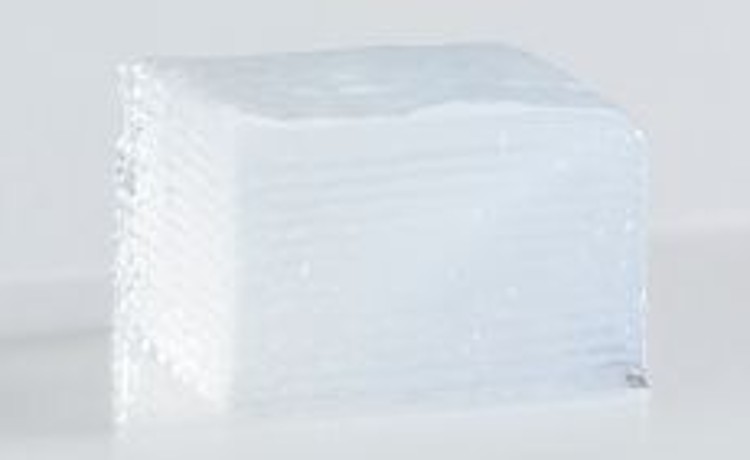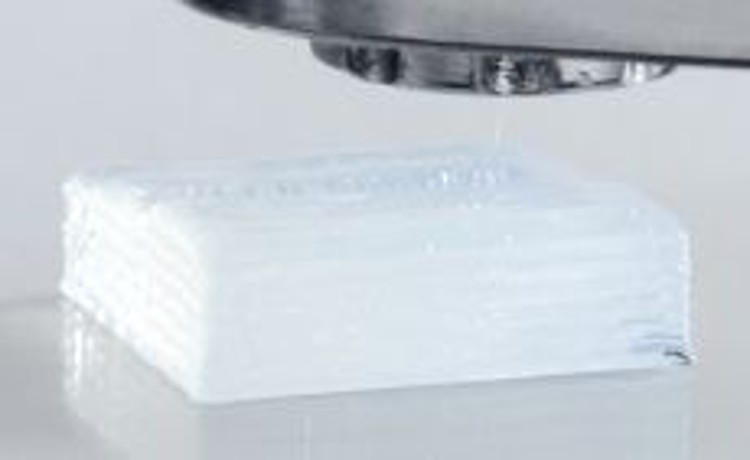Press Photos
Please note our terms of use governing the use of press images. By downloading images from our media database, you agree to these terms of use:
Press images may only be used for press purposes (print, electronic media, online) and may not be edited. Indicating the picture credits (source: Wacker Chemie AG) is obligatory. Images deleted from the media database may no longer be used in future. If a press image is used, please provide us with a copy or link. In other respects, the following copyright information shall apply: www.wacker.com/disclaimer
Category
Reset perimeterSILRES® BS 710 Sponge Removal
With WACKER’s new protective silicone coating a sponge and cold water are enough to remove graffiti.
Download picture (JPG, 38 KB)3D_Silicones_Printer
The new 3D process of Munich-based WACKER operates with extreme precision. The printer robot produces structures with a line width of 0.6 millimeters. The silicone is placed drop by drop, and is immediately firm after application. That enables extremely precise contours to be produced.
Download picture (JPG, 34 KB)Pachaly_Schuster
Dr. Bernd Pachaly, head of silicones R&D at WACKER, and lab technician Stefanie Schuster developed new formulations for 3D printing in less than a year. The silicone not only needs to be color-fast and free of bubbles, but also has to have suitable flow properties.
Download picture (JPG, 51 KB)Fig. 04a – d: Picture_Series_3D_Printing
The WACKER 3D process works like an ink-jet printer: the nozzle deposits a drop of silicone precisely at the point determined by the computer program (images 4a and 4b), generating a molded three-dimensional silicone part layer by layer from the virtual drawing (images 4c and 4d).
Download picture (JPG, 25 KB)Fig. 04a – d: Picture_Series_3D_Printing
The WACKER 3D process works like an ink-jet printer: the nozzle deposits a drop of silicone precisely at the point determined by the computer program (images 4a and 4b), generating a molded three-dimensional silicone part layer by layer from the virtual drawing (images 4c and 4d).
Download picture (JPG, 28 KB)



